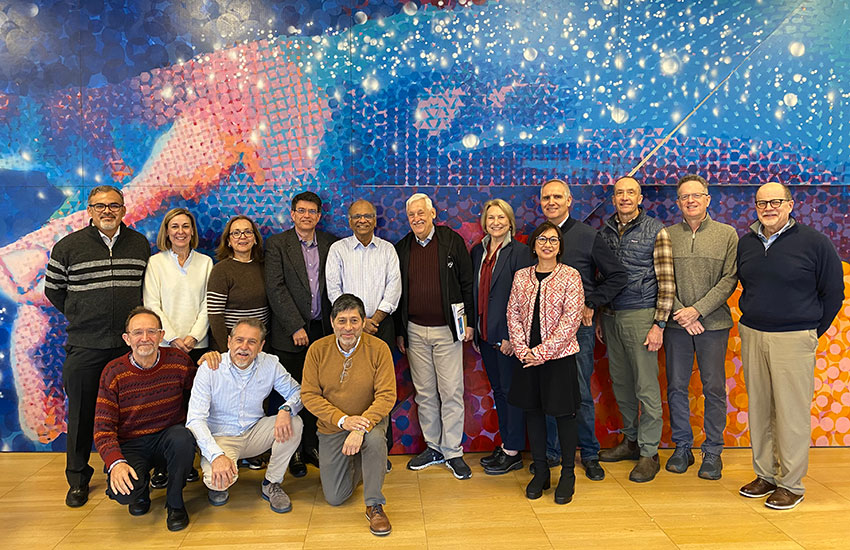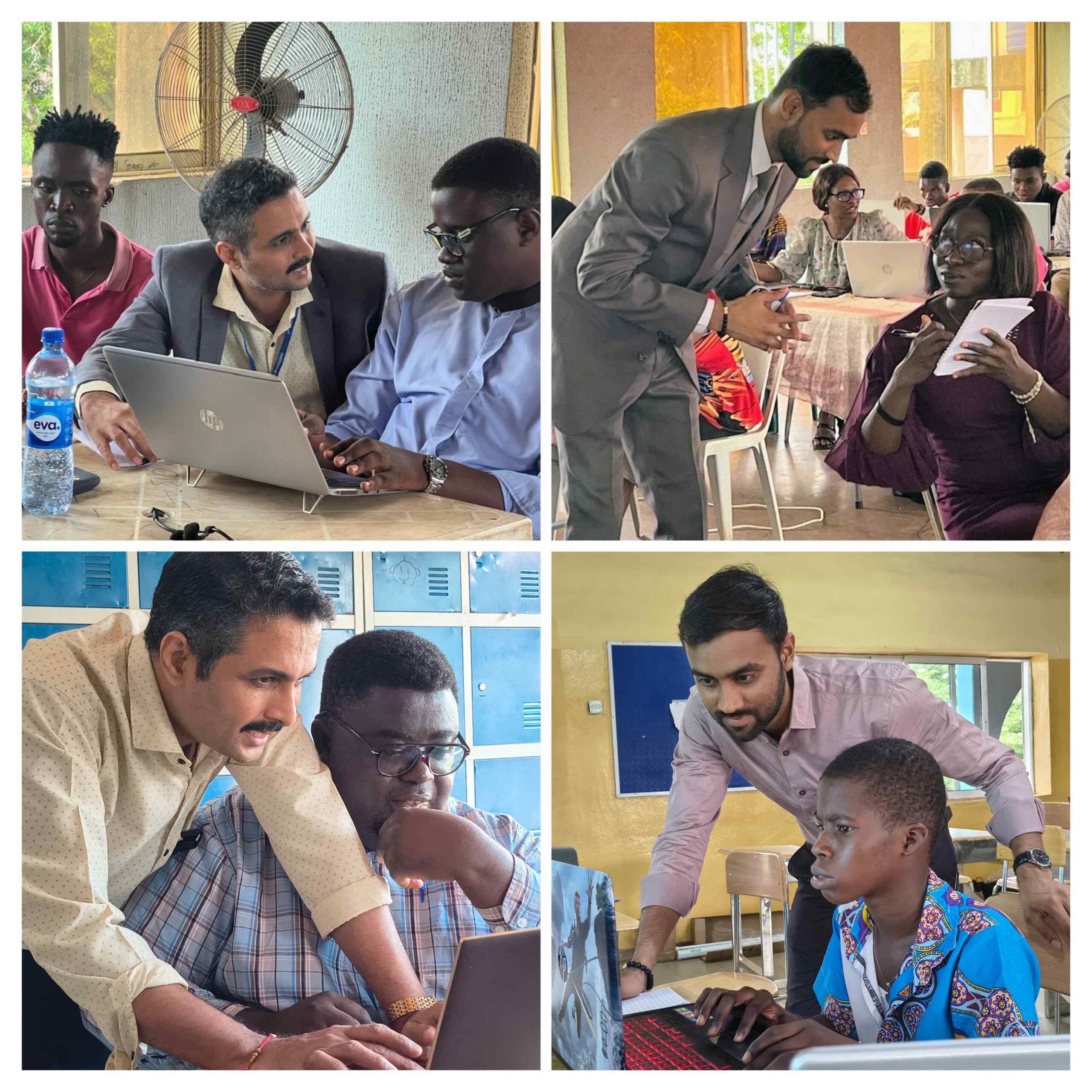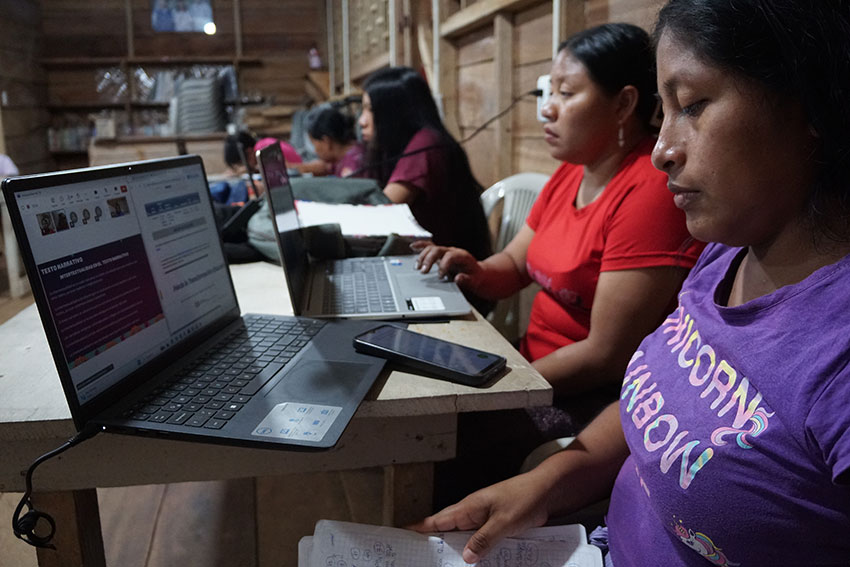The Role of Theology in Today’s Jesuit University
What is the role of theology in today’s Jesuit university? The newly-formed IAJU Task Force on Theology in the Jesuit University explored this question in a new thought paper presented at the 2022 IAJU Assembly.
The thought paper was prepared over the course of a year by theologians from a variety of Jesuit institutions with diverse theological expertise, as described by Rev. James Hanvey, S.J., Secretary for the Service of Faith for the Society of Jesus. He said, “The general aim of this paper is to initiate reflection and dialogue on the way that theological education and the discipline itself are important components of the renewal and advancement of the mission of Jesuit higher education.”
Rev. Peter Folan, S.J. from the Department of Theology at Georgetown University (USA) reviewed the thought paper, which can be found in the Assembly program. The paper is divided into five main parts: Identity and Mission of the Jesuit University; What is Catholic Theology Today?; Responding to the Signs of the Times; The Ecclesial Vocation of the Jesuit University; and Conclusion / The Role of Synodality.
Next, comments were provided by the following respondents: Rev. Luke Sim, S.J., President of Sogang University (S. Korea); Susan Wood, Academic Dean of Regis College at the University of Toronto (Canada); Rev. Jorge Palaez, S.J., Rector of Universidad Javeriana, Bogota (Colombia), and Rev. Joseph Afulo, S.J., Vice Chancellor of Arrupe Jesuit University (Zimbabwe).
Fr. Sim focused on the importance of university leadership in delivering theological education. He stressed the challenges associated with the diminishing number of Jesuits present on many university campuses today.
Susan Wood highlighted three considerations for the thought paper:
- The culture of Jesuit institutions varies widely, and the impact of theological education is going to vary accordingly;
- We must pay attention to the way that theological education is delivered and to whom;
- We should rethink the delivery of theological education.
Fr. Palaez then spoke about the defining characteristics of Universidad Javeriana Bogota as a Jesuit university. He said, “These are identifying features where the Jesuit and Gospel impacts are very clear.”
Fr. Afula reminded Assembly participants that “Our mission is to help our students think clearly and to be able to identify what is happening around them…When our students take required [theology] courses, they are given methodology so that they can use them as tools in life. We must ensure we are delivering on this mission.”
Fr. Hanvey assessed the paper as “good and well written, but not radical enough.” He pointed out that theology is not negotiable for the Society of Jesus: by claiming its name, the Society is “committed to an ongoing reflection about Jesus, who Jesus is, and the meaning of Jesus for the whole of society.”
There is an ongoing struggle to find the right language to engage with secular culture, and a lack of real theology for solidarity. Fr. Hanvey concluded, “The future of the Church will depend on the theology we envision for it. It needs to be deeply prayed and discerned. There is no discernment unless it’s a theological act: it’s about finding God. Every time we seek God’s will, the Kingdom comes.”
The panel was followed by a robust and provocative discussion with the 2022 IAJU Assembly participants.
To learn more about the Task Force, please visit this page on the IAJUwebsite. The thought paper will be available online shortly.






